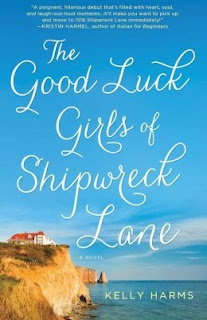
The entry begins:
My husband and I recently spent the better part of a drive home from the airport dreaming up a new movie adaptation of As You Like It. We got as far as Channing Tatum for Charles the Wrestler and stopped—because it was too perfect a choice and no other decision could top it. I have a similar problem with my novel. I watch a lot of movies and I like to think about their approaches to storytelling, so I can certainly see parts of The Violet Hour cinematically—Cassandra and Abe’s explosive fight on their sailboat, for instance, or Cassandra’s first corpse, or Elizabeth’s adventure at an outdoor movie. But other aspects of my American family in disarray are perhaps too interior, more rooted in the words and thought of fiction than in the sights and sounds of the screen.Learn more about the book and author at Katherine Hill's website and blog.
Which is not to say I’m opposed to The Violet Hour movie. Not at all. Not in the slightest. Do not get me wrong. I’d love to talk with you further. Because let’s be honest: having your book made into a movie is right up there with the double rainbow as one of the all-time coolest things that can happen to a person.
The common complaint is that movie adaptations ruin books by getting them wrong or changing too much (for instance, Martin Scorsese’s casting of blonde Michelle Pfeiffer as Madame Olenska and brunette Winona Ryder as May Welland in the otherwise masterful The Age of Innocence, when it should’ve been the other way around). I’m of the opposite school: I’d actually love to see a director riff on the book a little, create something new that only cinema can make. Forget literal adaptations. After all, most of my favorite recent movies, from...[read on]
Writers Read: Katherine Hill.
My Book, The Movie: The Violet Hour.
--Marshal Zeringue












































